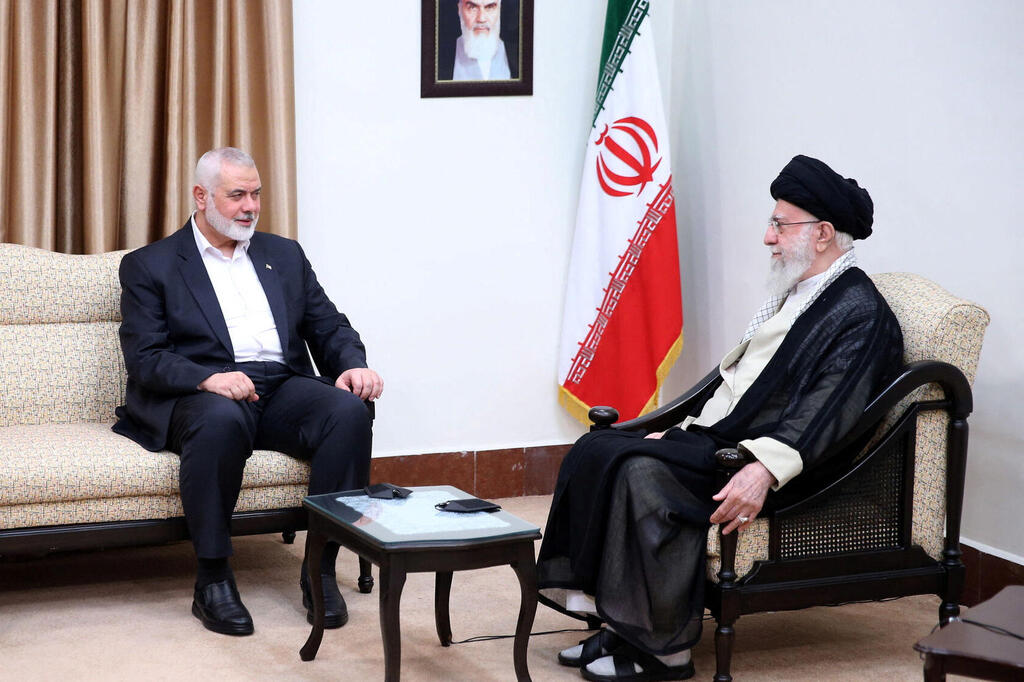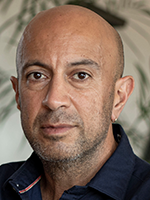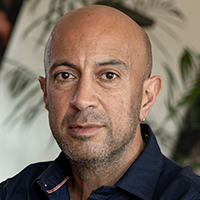Getting your Trinity Audio player ready...
Let’s cut to the chase: Iran is compelled to retaliate for the mysterious assassination of Hamas political bureau chief Ismail Haniyeh in Tehran on Wednesday morning. It's likely Hezbollah wouldn't have stayed silent over the killing of Fuad Shukr (also known as Hajj Mohsin), Hezbollah’s “chief of staff” or the head of its precision missile project. However, the response might have been intended to be limited.
1 View gallery


Ismail Haniyeh hours before his death, sitting with Ayatollah Ali Khamenei
(Photo: Office of the Iranian Supreme Leader/WANA (West Asia News Agency) via REUTERS)
Now, following the audacious assassination of Haniyeh, the Iranians will seek a more severe reaction against Israel to reassert their deterrence and restore their national honor. The question is what form this response will take. Should it lead to a full-scale confrontation involving Israel, Iran and Hezbollah, the Islamic Republic, which is closer than ever to nuclear capability, might find its nuclear project bearing the brunt of the repercussions. And perhaps, just perhaps, this thought will make the Iranians reconsider their response to Israel multiple times over.
The way Haniyeh's assassination was carried out is nothing short of astonishing. An Iranian Revolutionary Guards safe house in the heart of Tehran was struck by a mysterious missile or missiles, killing only Haniyeh and his bodyguard. The precision and intelligence behind the operation point to extraordinary capabilities. This event is reminiscent of a similar assassination from February 2008, when another Hezbollah "chief of staff," Imad Mughniyeh, was killed. The man, wanted for 26 years, believed he was safe in the heart of the Syrian capital, Damascus, and stayed in a safe house in the upscale Kafr Souseh neighborhood of the city.
A car bomb waiting for him at the exit of the safe house led to his assassination. However, in that case, Mughniyeh had been coming and going from Damascus for years. This means that those who carried out the assassination had months, if not years, to gather precise intelligence on him. In Haniyeh's case, it was a relatively unusual visit as part of the inauguration ceremony of the new Iranian president, Masoud Pezeshkian. Haniyeh was documented on Tuesday hugging and kissing Pezeshkian, raising his fingers in a victory sign, and celebrating the event. He did not reside in Tehran and had not stayed there for a long time, yet the entity or country that carried out the attack knew exactly where he was and who was with him (only his bodyguard).
The assassination is a significant moral blow to Hamas, especially considering the recent string of eliminations against the organization's leadership. One after another, top officials from the military wing (Mohammed Deif and several others) and the political wing (Saleh al-Arouri, Haniyeh's deputy who was assassinated in a safe house in Beirut's Dahieh) are being systematically eliminated in what appears to be Israeli operations.
Gaza pays the price
The Palestinian public, which celebrated October 7 and the "victory" over Israel, is now realizing Hamas is also vulnerable and fragile. This can no longer be hidden; They can no longer boast of the victory over Israel. Gaza is paying a steep price, as is the Hamas leadership, due to the grandiosity of Yahya Sinwar and his comrades in Gaza.
In recent years, Sinwar has managed to turn Haniyeh into a more symbolic leader, who perhaps holds the highest position in the movement but in practice had no dramatic influence on what was happening in Gaza. He was indeed part of the negotiations with the Qataris and Egyptians regarding the release of hostages, but final call remained in Sinwar's hands.
 Avi IssacharoffPhoto: Yuval Hen
Avi IssacharoffPhoto: Yuval HenThe relationship between Sinwar and Haniyeh had been reasonable over the years. Both are natives of the Gaza Strip and sought to neutralize competitors within the Hamas leadership abroad or in the West Bank (Khaled Mashal, al-Arouri, and others). Yet, it should be remembered, Haniyeh was and remains a politician who over the years became corrupt and indulgent. He aspired to be the Palestinian president one day and despite disconnecting from Gaza and moving to a life of luxury in Qatar, he still enjoyed immense support among the Palestinian public.
He was considered within Hamas to be a pragmatist compared to Sinwar and Deif, yet on October 7 he made sure to be photographed praying and thanking Allah for the massacre of Jews. Sinwar, on the other hand, was and remains a terrorist operative and field man through and through, who does not hesitate to murder people with his own hands. Haniyeh was not like that. He transformed from a football player to a student at the Islamic University in Gaza and from there entered local politics immediately with the establishment of Hamas and was part of Hamas' student council.
Over time, he became the administrative director of the Islamic University and, after his expulsion to Marj al-Zohour, he advanced within the organization. After the release of Hamas founder Sheikh Ahmed Yassin from prison (following the failed assassination attempt on Khaled Mashaal), he became his office manager, and that’s how I personally got to know him. I met with him several times in Gaza, even after he was appointed Hamas' head of government in early 2006. He always maintained manners, even with the Israeli media, but never hid his militant views regarding the future of the State of Israel, which he emphasized was nearing its end.


